Normal Math worksheets activities for Ages 5-6
6 filtered results
-
From - To
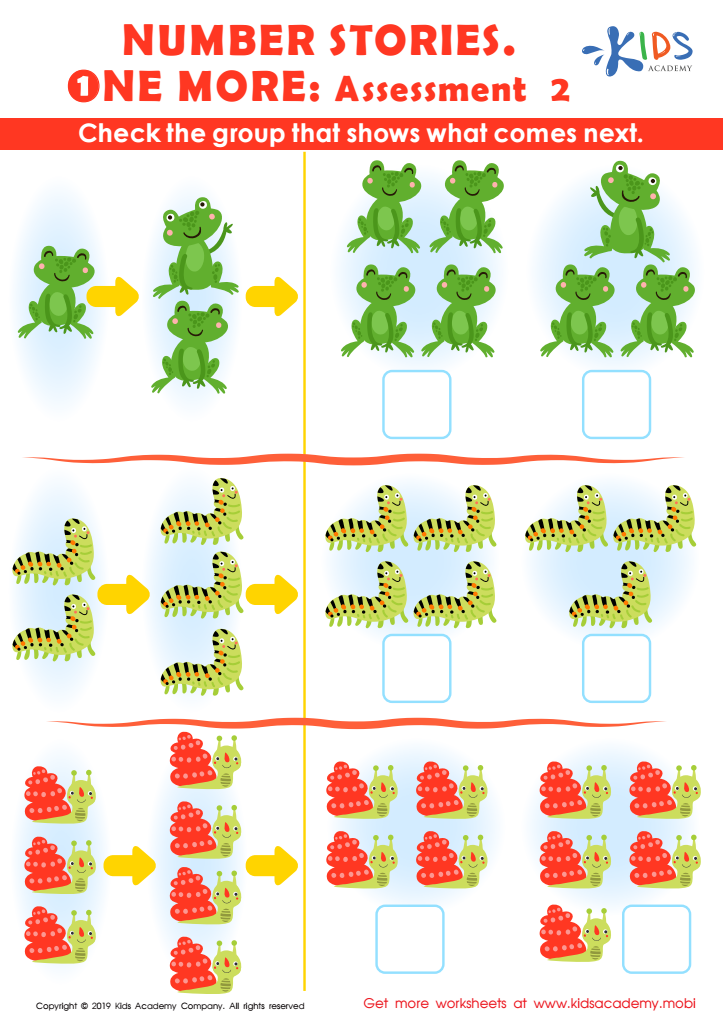

Number Stories One More – Assessment 2 Worksheet
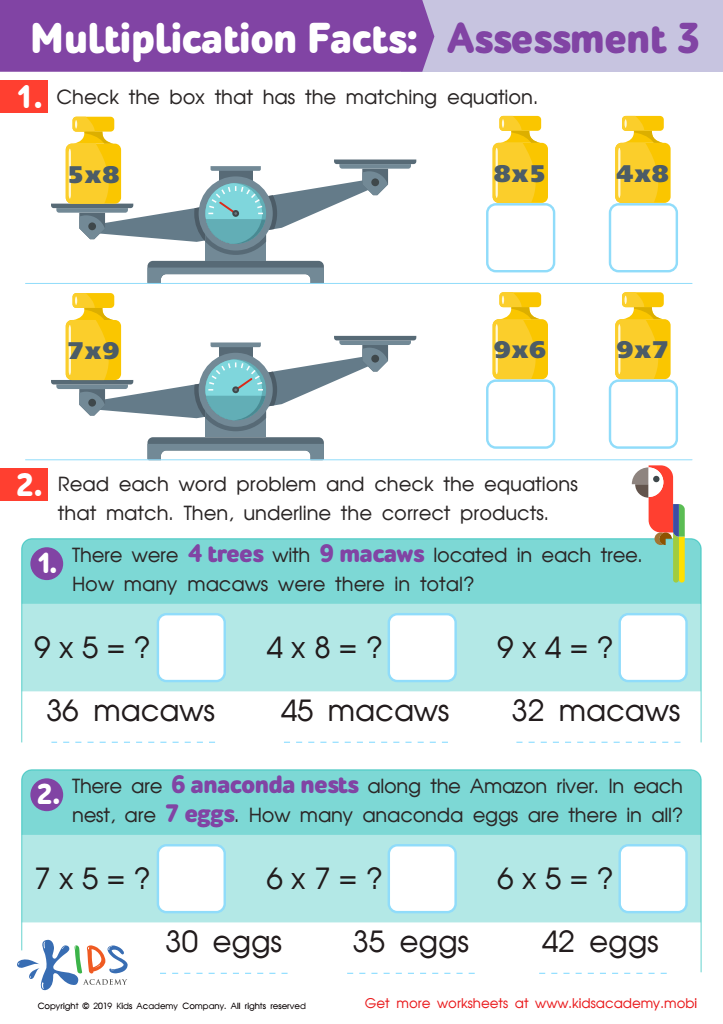

Multiplication Facts: Assessment 3 Worksheet


Word Problems: Assessment 2 Worksheet
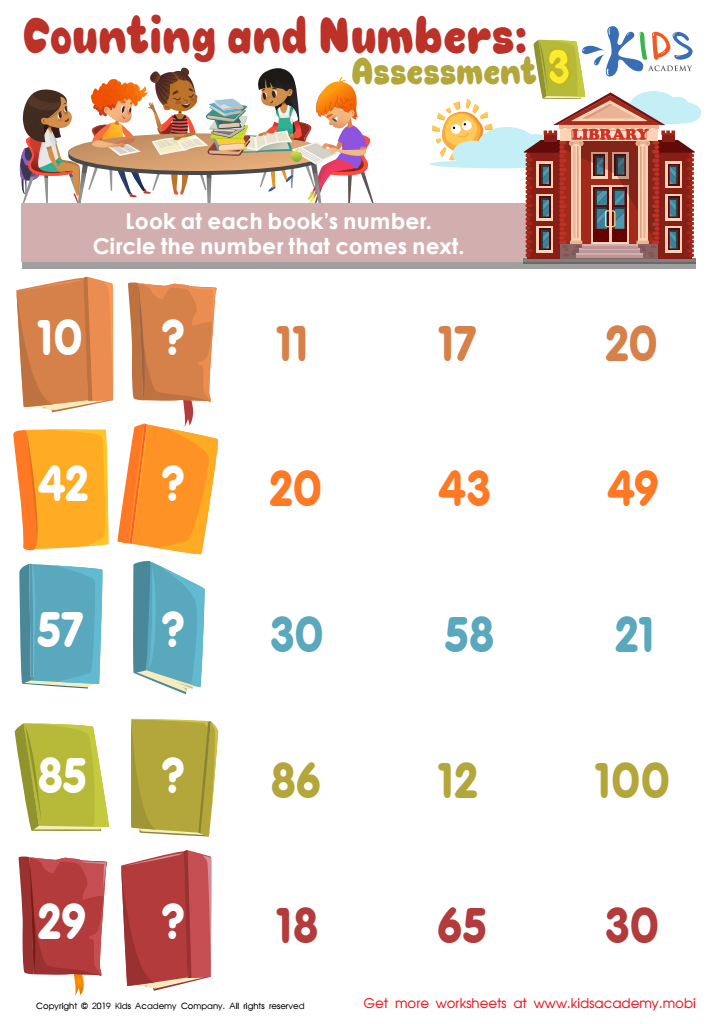

Counting and Numbers: Assessment Worksheet
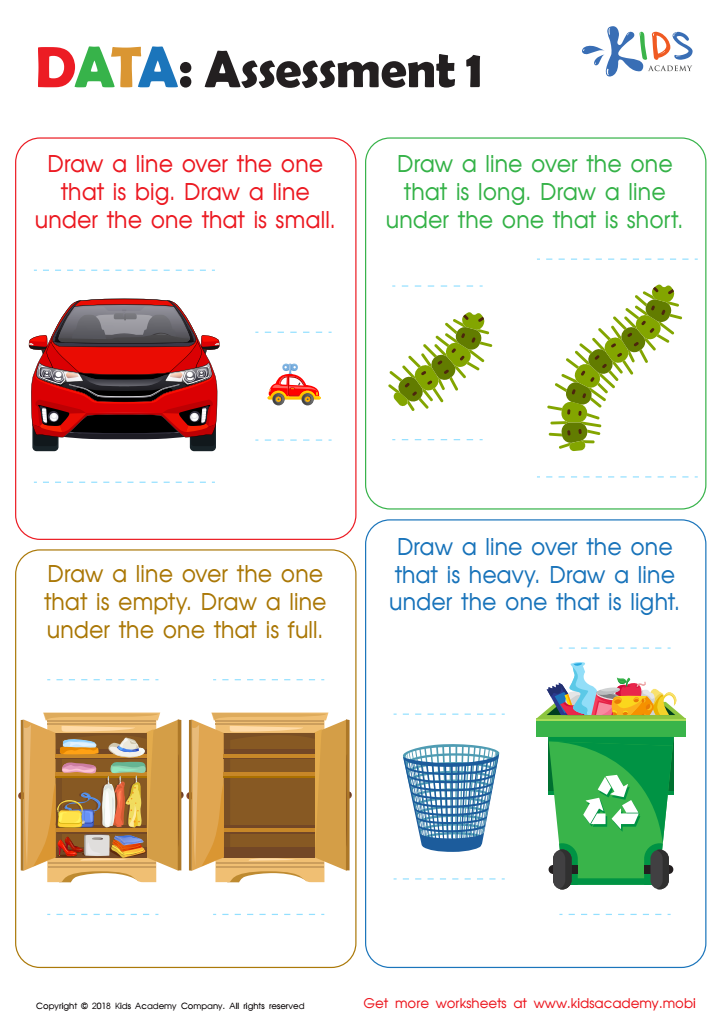

Data: Assessment 1 Worksheet
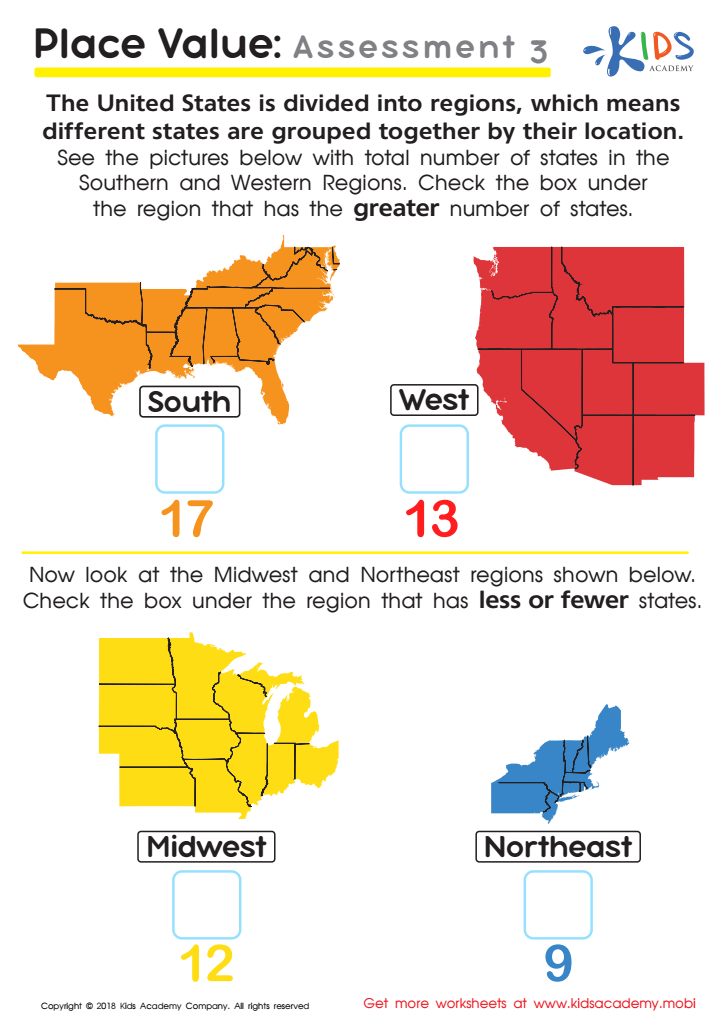

Place Value: Assessment 3 Worksheet
Normal Math worksheets activities are a fundamental cornerstone in the journey of learning and understanding mathematics. These worksheets serve as a bridge between theoretical concepts and practical application, making them an indispensable tool in the educational toolkit. The reasons for their usefulness are manifold, and exploring them can shed light on why they remain a staple in classrooms around the world.
First and foremost, Normal Math worksheets activities provide a structured approach to learning. They guide students through a step-by-step process, ensuring that learners grasp the basics before moving on to more complex problems. This progressive learning approach is crucial in building a solid foundation in mathematics, as it reinforces learning through repetition and practice. By engaging with these worksheets regularly, students can internalize mathematical concepts, leading to greater confidence and competence in their math skills.
Moreover, these activities cater to a wide range of learning styles. Whether a student is a visual, auditory, or kinesthetic learner, Normal Math worksheets activities can be adapted to suit their needs. For instance, visual learners can benefit from worksheets that include diagrams and graphs, while kinesthetic learners can use manipulatives alongside their worksheets to enhance understanding.
Another significant advantage is the instant feedback that Normal Math worksheets activities provide. As students work through the problems, they can immediately see where their strengths lie and where they may need additional practice. This immediate feedback loop allows for quick correction of errors and misconceptions, preventing students from internalizing incorrect information.
Furthermore, Normal Math worksheets activities encourage independent learning. They challenge students to solve problems on their own, fostering critical thinking and problem-solving skills. This independence not only boosts students' confidence but also prepares them for future academic pursuits and real-world challenges.
In conclusion, Normal Math worksheets activities are an essential element in math education. They offer a structured, adaptable, and engaging way to learn, providing students with the skills and confidence they need to succeed in mathematics. Through regular practice, feedback, and independent learning, these activities pave the way for a deeper understanding and appreciation of math.

 Assign to the classroom
Assign to the classroom












